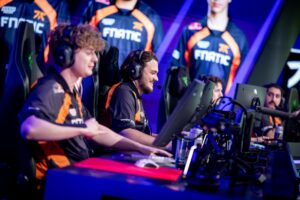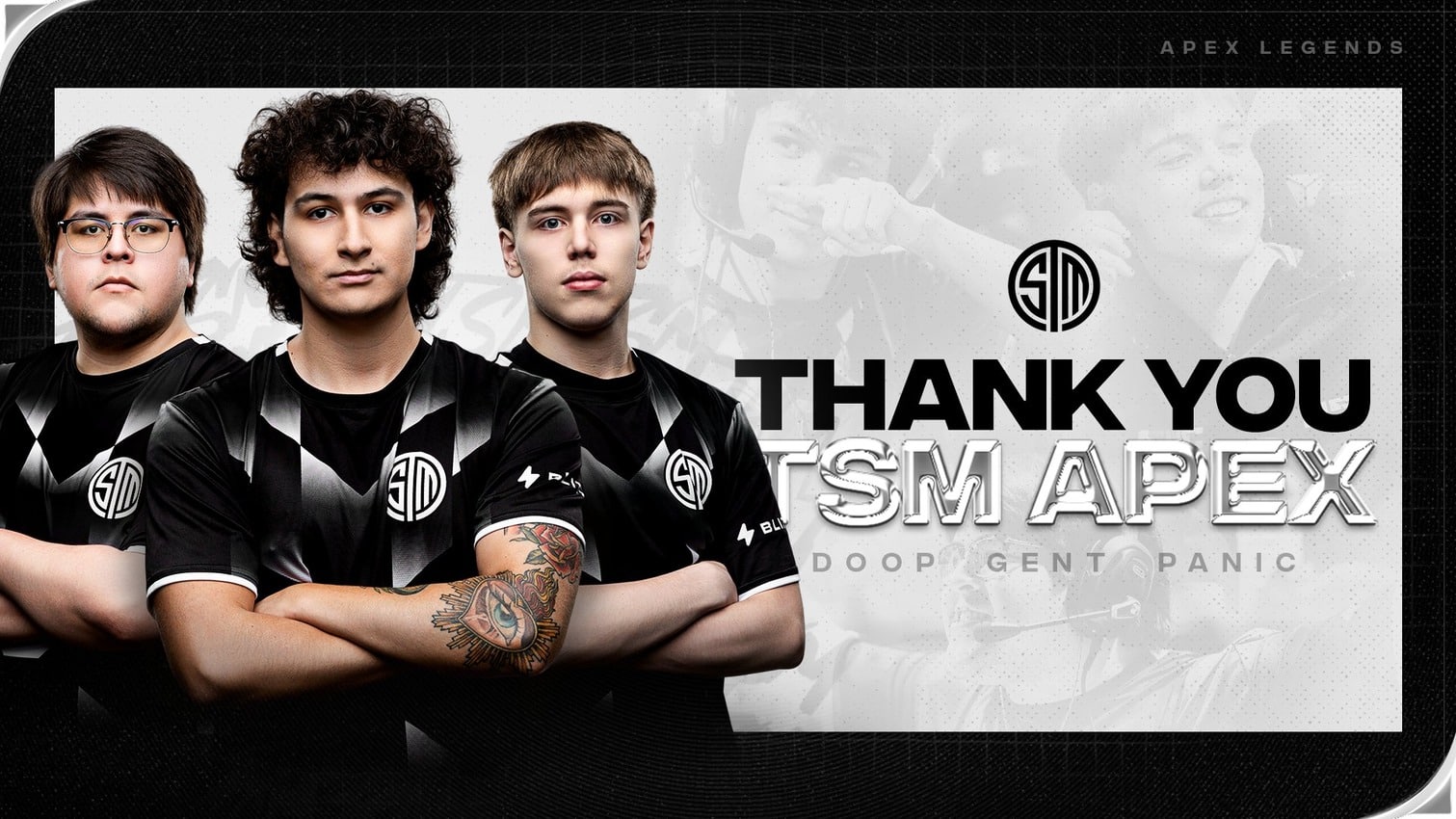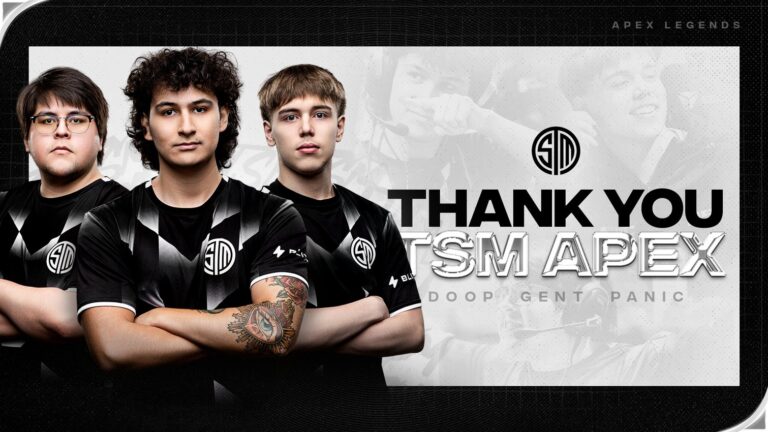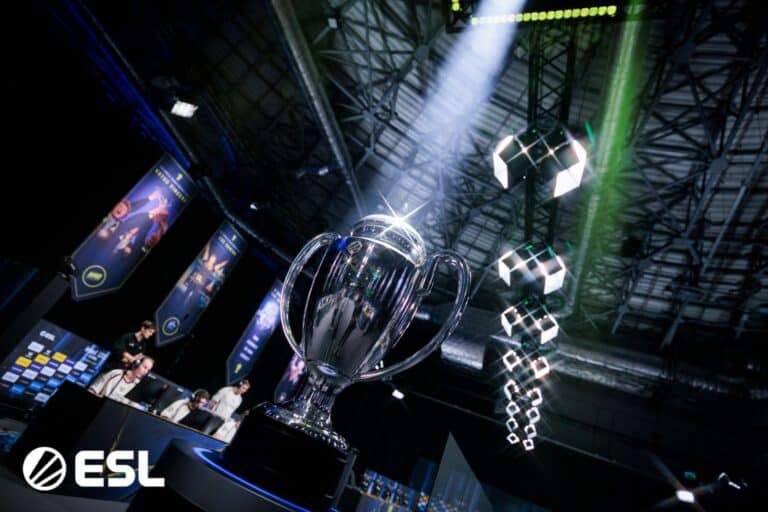UK tops list of countries with gamers who spend the most time gaming
Dom Sacco, Senior Editor
Last Updated: 04/05/2022
Brits are the ultimate keyboard warriors, playing video games hours longer than their global rivals, virtual private network provider NordVPN has found.
Brits (on average) typically spend 4 hours 36 minutes a week gaming, playing 98.6% longer than other countries – the equivalent of five extra days of playing per year. Bear in mind, this figure is an average, with Brits overall spending more time on social media and streaming TV shows per week.
Those in the UK also battle it out online nearly twice as long as international opponents, with overseas game players clocking up 2 hours 19 minutes on average.
NordVPN said it surveyed 16,000 people from 16 of ‘the world’s most advanced digital economies’.
While Britain topped the table, it’s the Swedes who spend the least time gaming, dedicating just 30 minutes to it each week on average.
Gamers’ time spent gaming per country
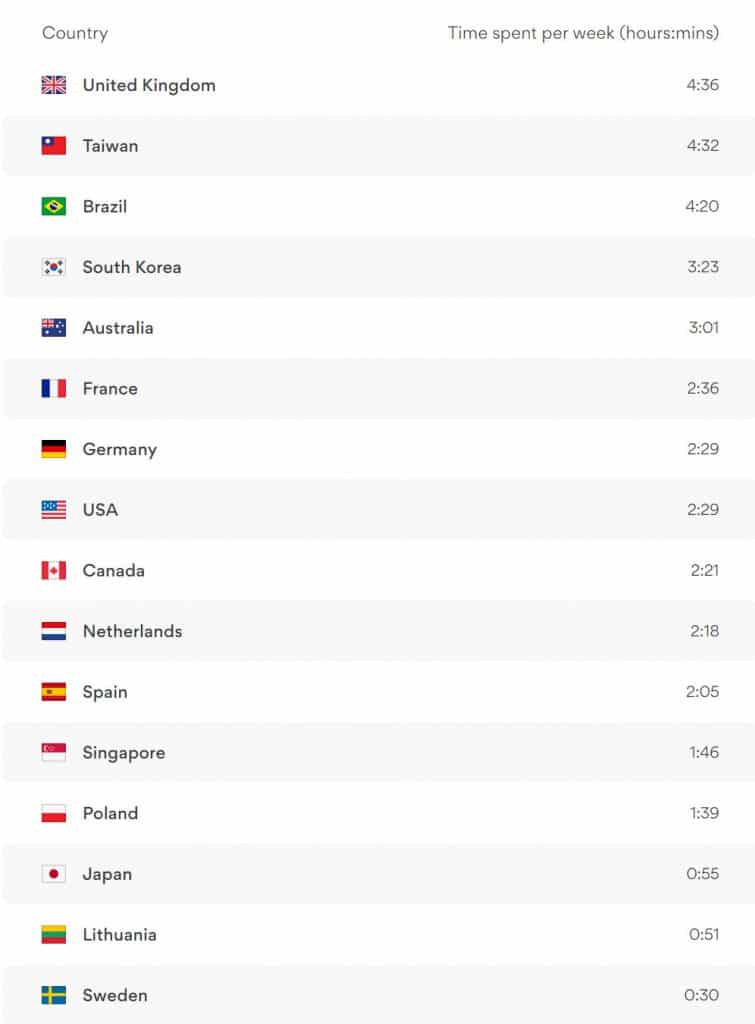
The only things Brits spend more time doing online are watching TV/films (7 hours 55 minutes), using social media (4 hours 57 minutes) and listening to music (4 hours 42 minutes).
However, Brits slip to fourth in the table when it comes to the total proportion of their lives spent online.
Despite putting in an eye-watering 58 hours 45 minutes into their digital lives each week, they are eclipsed by Brazilians who rack up a staggering 91 hours 24 minutes. That’s equivalent to 218 days a year or 88% of their waking lives.
At the other end of the scale, people in Japan – a country that created some of the world’s best-known video game companies like Sega and Nintendo – spend just 22 hours 38 minutes online each week, and only 55 minutes of that gaming.
Previous NordVPN research revealed the games with the most-watched hack videos on YouTube. Fortnite came out on top, followed by Overwatch, CSGO, Call of Duty: Warzone and Destiny 2.
“Brits were big early adopters during the computer game revolution at the end of the last century and they’ve been in love with gaming ever since.”
Marijus Briedis, NordVPN
Marijus Briedis, CTO and digital privacy expert at NordVPN, said: “Brits were big early adopters during the computer game revolution at the end of the last century and they’ve been in love with gaming ever since.
“The UK was an important market for games manufacturers in the 1990s. It was bursting at the seams with young fans with plenty of pocket money to spend and, with a cooler climate keeping Brits indoors for much of the year, it meant a nation of gamers was born.
“This infatuation with an ever-expanding universe of games has become a national pastime and has been passed down from generation to generation.”
You can see the full list of how Brits spend their online time each week here:
How do Brits spend their time online?
| Online activity | Time spent per/week (hrs/mins) |
| Streaming TV shows/films | 7:55 |
| Using social media | 4:57 |
| Listening to music | 4:42 |
| Gaming | 4:36 |
| Watching videos | 3:36 |
| Making video calls | 3:10 |
| Following online classes/tutorials e.g. make up, exercise etc. | 2:55 |
| Online shopping | 2:04 |
| Researching e.g. Wikipedia | 2:00 |
| Life admin | 1:55 |
| Looking up or using recipes | 1:34 |
Related article: 10 recent reports on UK gaming/esports trends for 2022
Dom Sacco, Senior Editor
Dom is an award-winning writer and finalist of the Esports Journalist of the Year 2023 award. He has almost two decades of experience in journalism, and left Esports News UK in June 2025. As a long-time gamer having first picked up the NES controller in the late '80s, he has written for a range of publications including GamesTM, Nintendo Official Magazine, industry publication MCV and others. He also previously worked as head of content for the British Esports Federation.
Stay Updated with the Latest News
Get the most important stories delivered straight to your Google News feed — timely and reliable





From breaking news and in-depth match analysis to exclusive interviews and behind-the-scenes content, we bring you the stories that shape the esports scene.
Monthly Visitors
User Satisfaction
Years experience

